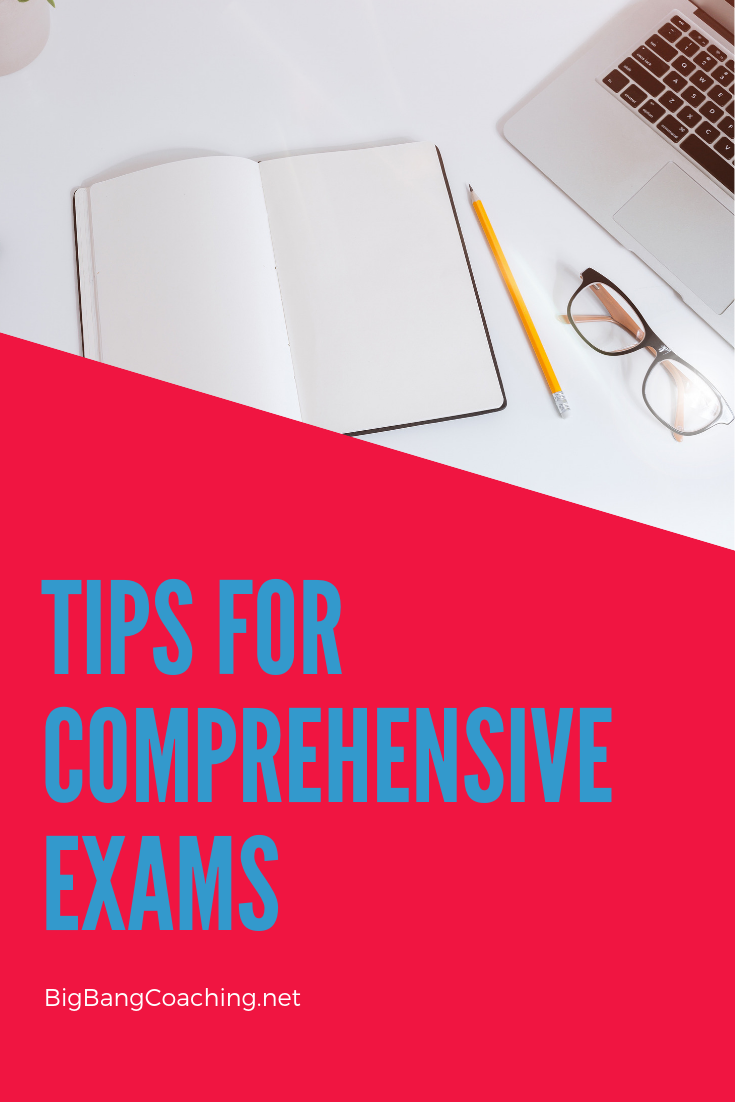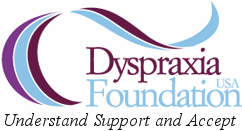Tips for Comprehensive Exams

Midterm and final exams can be a stressful time for students. With the correct information and proper planning, much of this stress can be eliminated. Here are some tips and resources to prepare for comprehensive exams.
Prepping for Comprehensive Exams
-
Pre-planning
- Before you can plan, you need to understand what you are preparing for. If your teacher doesn’t tell you, ask these questions. Start as early as you can about 2-3 weeks out at least.
- Will there be a provided review packet?
- Will you have previous tests and quizzes for studying?
- What topics will be covered on the exam?
- What format will the exam be?
- Are there study groups to join?
- When are office hours for that teacher?
- Before you can plan, you need to understand what you are preparing for. If your teacher doesn’t tell you, ask these questions. Start as early as you can about 2-3 weeks out at least.
-
Plan
- Once you know what you are preparing for you can plan how to spend your study time.
- If you have a list of questions, plan to attend office hours or join a study group.
- Did you find out the exam in multiple-choice? If so, then study facts.
- If the exam will be essays then practice writing essays.
- Schedule actual times to study.
- Writing study for Calculus or Chemistry isn’t helpful; it is too big to be an actionable step. Instead, create tasks like make flash cards for X, review implicit differentiation for calculus or re-read chapter 10 for Asian History.
- Where should you study? If should be a place free of distractions. If it is a study room, remember to book it.
- Make arrangements with a study group or a study partner to help you stay on task if you wonder easily.
- Once you know what you are preparing for you can plan how to spend your study time.
-
Take action
- After you have a plan, you can begin to study. It has been proven that passively reviewing notes doesn’t allow us the learn as much as using active recall. When we are actively recalling information, we are creating pathways in our brain that will enable us to remember it better.
- Force yourself to be actively using your mind while studying.
- Use apps or the web-based versions of Quizlet, Anki, and StudyBlue.
- Check out koofer.com; it is a website that is free to use that has old exams from colleges and universities on it. See if you can find an exam in a similar format to practice.
- After you have a plan, you can begin to study. It has been proven that passively reviewing notes doesn’t allow us the learn as much as using active recall. When we are actively recalling information, we are creating pathways in our brain that will enable us to remember it better.
-
Brain Breaks
- There is a limit to how much useful studying someone can do, plan for breaks, meals, and sleep. We all know that nourishing our bodies and getting 8 hours of sleep helps our brains to function at its potential, but when we are hyperfocused on studying, we don’t always remember that we know that. Put in place reminders such as having a friend get you for a meal at a specific time, use an app like Focuskeeper, or planning a meet someone for a break or some exercise.
Best of Luck!


Big Bang Coaching, LLC provides coaching for the neurodiverse.







